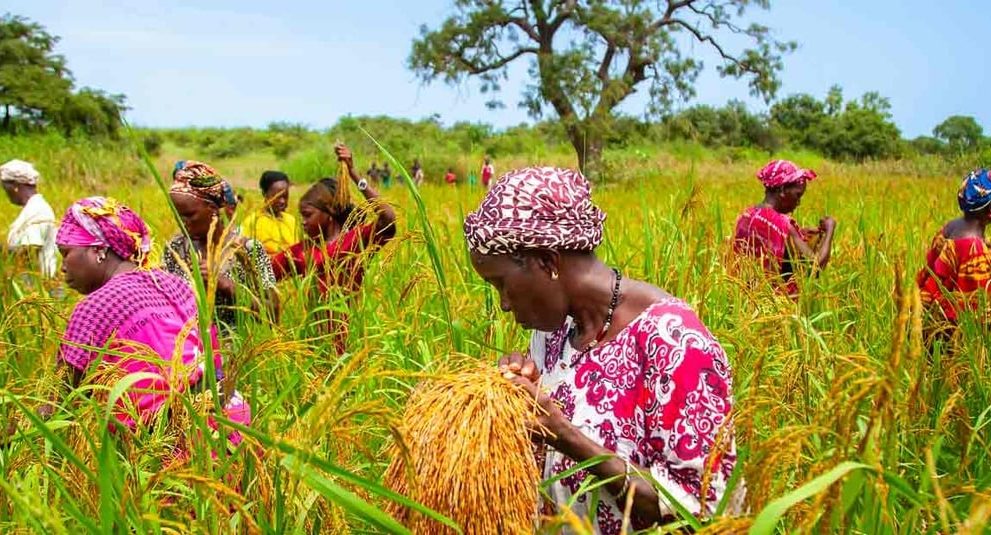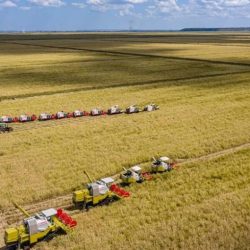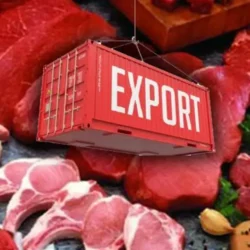Abidjan, Côte d’Ivoire: In a continent where agriculture is both a lifeline and a battleground, the African Development Bank Group is spearheading a transformative push to “Make Africa’s Capital Work Better for Africa’s Development.” This ambitious vision, the theme of the 2025 Annual Meetings, is taking root in the fertile fields of Africa, where innovative projects are yielding tangible results.
From the bustling agricultural hubs of Côte d’Ivoire to the resilient farms of Burundi, the Bank’s initiatives are demonstrating how strategic investment can unlock Africa’s vast agricultural potential. In Tiébissou, Côte d’Ivoire, Roland Koffi N’Goran, a cooperative spokesperson, testifies to the impact of newly built agricultural consolidation centres. “Our parents are in a better position to produce, transport, and market their crops,” he says, highlighting the shift from informal practices to structured commercial platforms.
These centres, part of a broader agricultural hub initiative, are replicated across Guinea, Mali, Madagascar, Senegal, Togo, Ethiopia, and Nigeria, empowering small producers with unprecedented opportunities. The Bank’s $1.1 billion investment in Special Agro-Industrial Processing Zones (SAPZ), coupled with co-financing from partners, has established 27 zones across 13 countries, championing Dr. Akinwumi Adesina’s vision of transforming Africa into a food and agriculture industrial powerhouse.
“These special zones will help release Africa’s full agricultural potential,” President Adesina asserts, underscoring their role in enhancing productivity, reducing logistics costs, and fostering regional and international trade.
The Bank’s swift response to the global food crisis, triggered by the Russia-Ukraine conflict, saw the establishment of the African Emergency Food Production Facility. This $1.5 billion initiative has delivered certified seeds and agricultural inputs to millions of farmers in 33 countries. In Burundi, Marie-Thérèse Nahabaganwa, president of the Tsindinzara cooperative, recounts a remarkable harvest of 800 tonnes of maize, attributing the success to “the combination of efforts by the local administrative authorities and the support of the projects funded by the African Development Bank.”
The drive for agricultural transformation extends beyond emergency measures. The “Technologies for African Agricultural Transformation” (TAAT) program, launched in 2018, has catalyzed investments in high-impact technologies, infrastructure, and climate-smart agricultural systems. The Dakar 2 “Feed Africa” Summit, held in 2023, solidified this commitment, with 34 African nations pledging to allocate at least 10% of their public expenditure to agriculture.
These integrated initiatives—agricultural hubs, emergency facilities, and national compacts—demonstrate a strategic approach to leveraging Africa’s natural, human, and financial resources. By fostering efficient value chains, boosting productivity, and enhancing food resilience, Africa is charting a course towards sustainable, inclusive development.
The African Development Bank Group, through its ten-year strategy, is committed to sustaining this momentum, ensuring that Africa’s agricultural sector becomes a beacon of prosperity and self-sufficiency.




